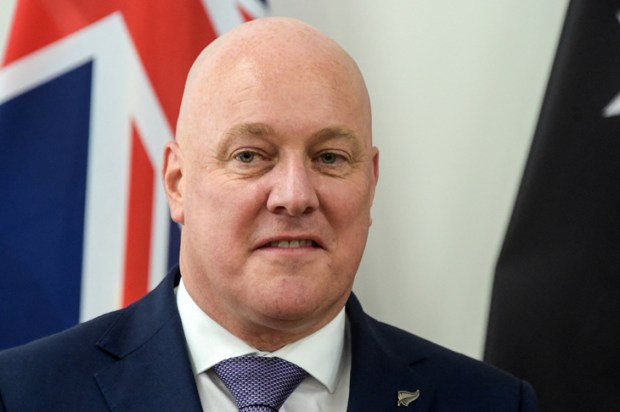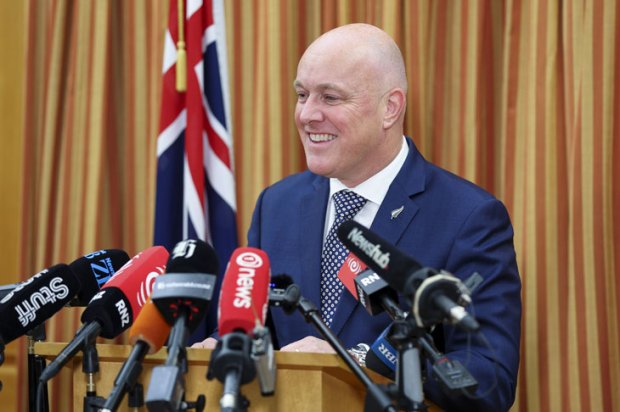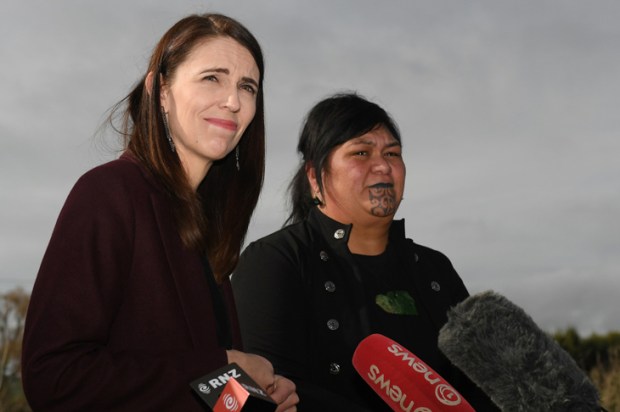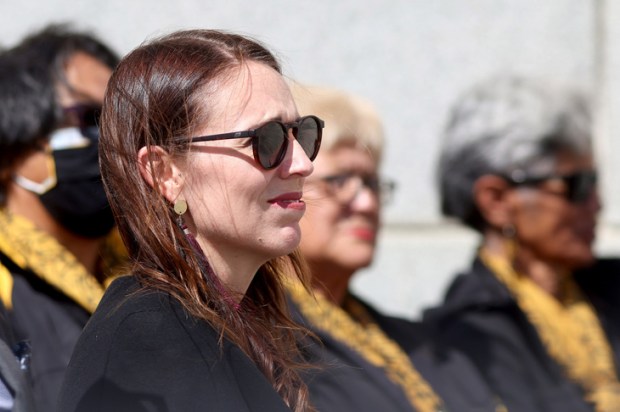Climate catastrophe? Follow the money
Because of the importance of the claim that CO2 has the potential to cause considerable damage to the planet we all share, it is little wonder that the media, knowing that peddling disaster sells newspapers, constantly invoke doomsday scenarios. But what happens when the mainstream media have become so corrupt that they want no debate at all about whether such claims are actually true? What do you think of major media sources that flatly refuse what we actually need – to explore with serious investigative journalism this vitally important, but contentious issue? Sadly, because of the...
Already a subscriber? Log in
Subscribe for just $2 a week
Try a month of The Spectator Australia absolutely free and without commitment. Not only that but – if you choose to continue – you’ll pay just $2 a week for your first year.
- Unlimited access to spectator.com.au and app
- The weekly edition on the Spectator Australia app
- Spectator podcasts and newsletters
- Full access to spectator.co.uk
Unlock this article
You might disagree with half of it, but you’ll enjoy reading all of it. Try your first month for free, then just $2 a week for the remainder of your first year.














Comments
Don't miss out
Join the conversation with other Spectator Australia readers. Subscribe to leave a comment.
SUBSCRIBEAlready a subscriber? Log in